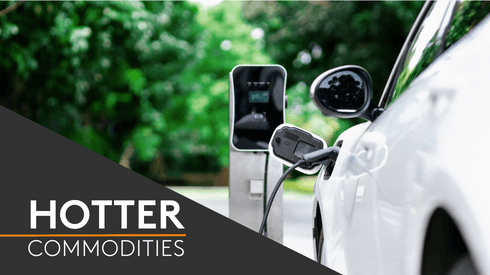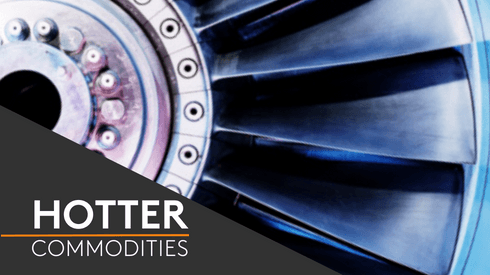Albemarle will deliver more than 100,000 tonnes of battery grade lithium hydroxide over the five-year period 2026-30 to support the carmakers’ ability to scale up its production of electric vehicles (EVs), Ford said.
This supply will be domestically produced in the US or in a country with which it has a Free Trade Agreement (FTA), as required by the Inflation Reduction Act (IRA).
In addition to the lithium hydroxide supply, Albemarle and Ford will explore collaborations to develop a closed-loop solution for lithium-ion battery recycling.
South American miner SQM will also supply battery-grade lithium carbonate and hydroxide from its Chilean operations to Ford, although further details on quantities and a timeline for the strategic agreement have yet to be disclosed.
In its rush to secure access to the ultralight metal in the face of competition with other buyers, Ford has also struck a binding deal with US-based junior miner Energy Source Minerals (ESM) for the supply of lithium hydroxide, it said on May 22.
The material will be produced at ESM’s Project ATLiS, in the US state of California. This was expected to be operational by 2025, and to produce about 20,000 tonnes per year of lithium.
Access to lithium has been deemed essential by many countries involved in the global rush to energy transition. The US has been making efforts to produce more critical raw materials such as lithium domestically, as well as to reduce its reliance on dominant participants in the market, such as China.
The IRA was one of the factors driving the securing of domestic critical minerals supplies. It requires that 40% of EV battery materials be sourced in the US or from countries with FTAs.
Last week, SQM reported net income for the three months ended March 31, 2023, of $749.9 million. This was down by 6% compared with $796.1 million in the corresponding period the year before, it said when releasing its results for the first quarter.
A drop in sales over the January-March quarter, advance purchases in the previous quarter and a high level of stocks across the battery value chain in China were cited by SQM as reasons for the fall in income.
SQM officials said that profits in the current quarter and in the remainder of the year were expected to recover due to a revival in demand.
Chinese lithium prices jumped on bullish sentiment over the week to May 18, leading sellers to hold on to material in expectation of an extended rally amid improved downstream demand.
Sentiment was also buoyed by a return of demand for carbonate and expectations of a sustained uptrend in China.
Fastmarkets’ latest assessment of the lithium carbonate 99.5% Li2CO3 min, battery grade, spot price range, exw domestic China, was 270,000-321,000 yuan ($38,429-45,688) per tonne on May 18. This was up by 40,000-61,000 yuan per tonne, about 20%, from 230,000-260,000 yuan per tonne a week earlier.
Visit our dedicated battery materials page to discover more insights on the factors at play in the industry in 2023 and beyond.






